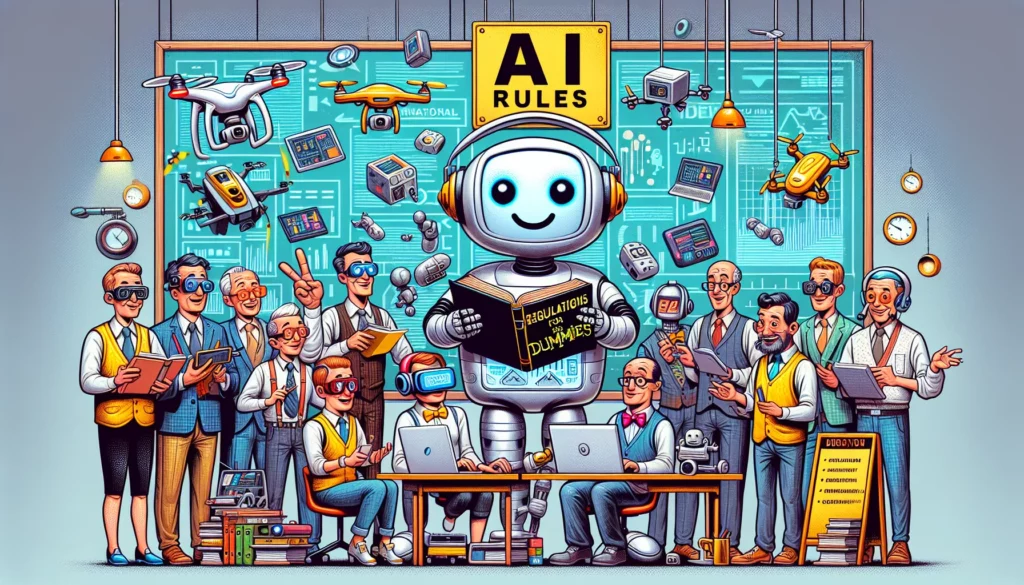Federal Government’s Engagement with Artificial Intelligence Regulations
On Thursday, a testimony was presented before the House Committee on Oversight and Government Reform during a hearing focused on the implications of artificial intelligence within the federal government. While the majority of speakers emphasized the remarkable capabilities of AI and their respective organizations, the inquiry directed towards emphasizing specific concerns about the technology’s impact and regulation.
The discussion highlighted the necessity for a balanced view of AI, acknowledging both its innovative potential and the challenges it poses. Key points included the need for comprehensive oversight to ensure ethical deployments, safeguarding against biases inherent in AI systems, and addressing security vulnerabilities that could be exploited by malicious actors.
As AI technologies continue to evolve and integrate into various sectors, it is imperative for regulatory frameworks to adapt accordingly. Policymakers must develop metrics for accountability and transparency, providing guidelines that uphold public interest while fostering technological advancement. Furthermore, collaboration between government agencies, private sector leaders, and civil society is crucial in formulating effective strategies that mitigate risks associated with AI while maximizing its benefits.
The testimony underscored the urgency of establishing a holistic approach to AI governance, emphasizing the role of interdisciplinary efforts in shaping policies that protect societal values. As the government navigates the complexities of this emerging landscape, it remains essential to prioritize discussions that center on responsible innovation and the long-term implications of artificial intelligence on society.








